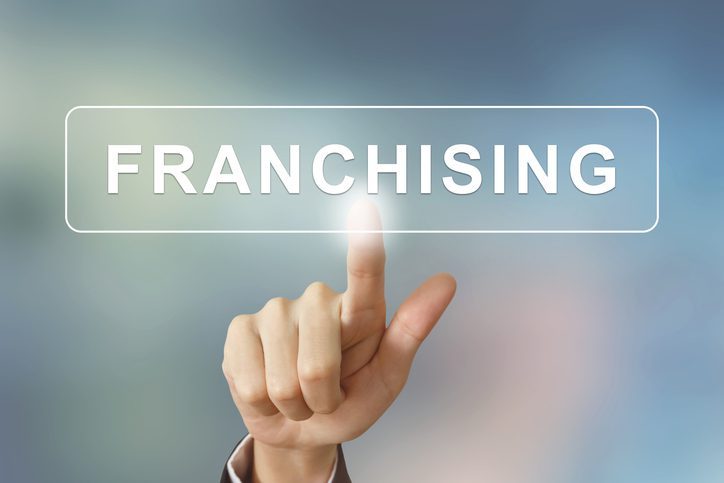Benefits of buying a franchised business.

When considering starting a business, potential entrepreneurs have the option to buy a franchised business or an independent business. Both options have their own set of pros and cons, but franchised businesses can offer a number of benefits that independent businesses may not be able to provide.
One of the main benefits of buying a franchised business is the established brand recognition. Franchised businesses, such as McDonald’s or Subway, have already established themselves in the market and have a reputation for providing a certain level of service and quality. This can make it easier for a franchisee to attract customers and make a profit, as the franchisor has already done the work of building a recognizable brand.
Another benefit of buying a franchised business is the support and training provided by the franchisor. Franchisees can receive assistance with finding a location, setting up the business, and training employees. This can be especially helpful for first-time business owners, who may not have the experience or know-how to start and run a business on their own.
Franchised businesses also have a higher success rate compared to independent businesses. According to the International Franchise Association, the failure rate for franchised businesses is around 15%, while the failure rate for independent businesses is around 50%. This is because franchised businesses have a proven business model and established systems in place, which can help increase the chances of success.
Additionally, buying a franchised business can also provide access to resources and economies of scale that an independent business may not have. For instance, the franchisor may have bulk purchasing agreements in place, which can result in lower costs for supplies and inventory. This can help the franchisee save money and potentially increase profits.
However, it’s also important to note that buying a franchised business also has its drawbacks. Franchisees are typically required to pay an initial franchise fee, ongoing royalties, and may have to follow strict guidelines set by the franchisor. This can limit the franchisee’s flexibility and creativity in how they run their business. Also, the franchisor may not always have the franchisee’s best interests in mind, leading to a potential conflict of interest.
In conclusion, buying a franchised business can offer a number of benefits, including established brand recognition, support and training, higher success rate, and access to resources and economies of scale. However, franchisees should also be aware of the potential drawbacks such as costs and limitations on flexibility. It’s important to carefully consider all aspects before making a decision to buy a franchised business.




This Post Has 0 Comments